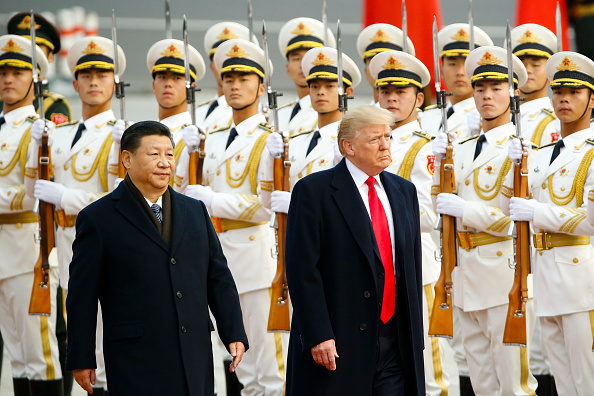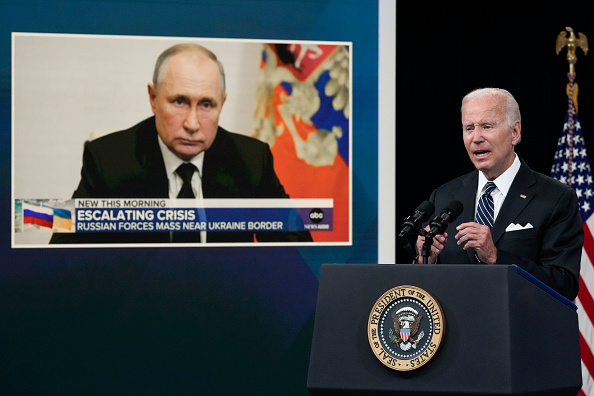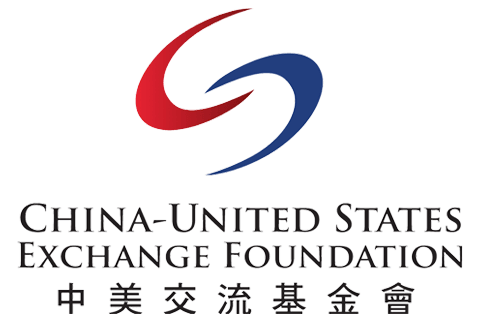
Dear Focus Reader,
South Korean President Yoon Suk Yeol abruptly declared martial law late Tuesday, stating his intention to rebuild and protect democracy by eliminating significant anti-government forces. However, the martial law, which revoked fundamental democratic rights and imposed strict controls on political and civil activities, lasted only about six hours before being overturned by a bipartisan parliamentary vote.
Though it was short-lived, the declaration sparked widespread concerns for regional security and relationships with key allies, like the United States.
"We learned about this from the television broadcast, like the rest of the world," U.S. National Security Advisor Jake Sullivan said. Reports indicate that communication between U.S. and South Korean military leaders was briefly disrupted, raising alarm in Washington, as 28,500 U.S. troops are stationed in the country.
Despite U.S. assurances that the alliance remains 'ironclad,' analysts suggest that the declaration could undermine confidence in South Korea's reliability as an ally, particularly in relation to its growing trilateral partnership with the U.S. and Japan, which aims to counter China and Russia. It also heightens uncertainty as President-elect Donald Trump, who has previously questioned the financial terms of hosting U.S. troops in South Korea, prepares to return to the White House.
Beijing has likely been closely watching the developments in the ROK as well, though it has declined to comment, citing its policy not to take positions on the internal affairs of third countries. Should South Korea shift towards a more liberal, pro-China government, U.S.-led containment efforts in the region could be challenged. Such a move could also offer Beijing more leverage on the Korean Peninsula and mitigate some of the pressure it faces from U.S.-backed alliances. Continued political instability in South Korea could also embolden North Korea, heightening risks in an already volatile region.
Learn more on international relations by catching up on our latest Focus content, including topics on the China-U.S. bilateral relationship, U.S.-Russia relations, and the global economy.
Managing the Waters | Yellow River
Watch Video
In our Focus Insights section, we shared an article by Assistant Professor at HKU and Rhodes Scholar Brian Wong, discussing the importance of subnational diplomacy and cooperation in rebuilding Sino-American relations.
We want to hear from you!What specific actions or initiatives could help build trust and foster cooperation between the U.S. and China?
Submit your thoughts to USeditor@chinausfocus.com for a chance to be featured in next week's Focus This Week.
useditor@chinausfocus.com for more info.
Prepared by China-US Focus editorial teams in Hong Kong and New York, this weekly newsletter offers you snap shots of latest trends and developments emerging from China and the U.S. every week. It is a community space to exchange thoughts and ideas about the China-U.S. relationship and beyond.
- 2024-11-22 Focus This Week: Diplomatic Shifts
- 2024-11-15 Focus This Week: Reflection and Forecast
- 2024-11-08 Focus This Week: Election Aftermath
- 2024-11-01 Focus This Week: Entering A New Era
- 2024-10-25 Focus This Week: Building Bonds at BRICS
- 2024-10-18 Focus This Week: “A Partner and Friend”
- 2024-10-11 Focus this Week: Tense Waters
- 2024-10-04 Focus This Week: 75 Years of the PRC
- 2024-09-27 Focus This Week: Critical Crossroads
- 2024-09-20 Focus This Week: An Uphill Battle
- 2024-09-13 Focus This Week: Competing Visions
- 2024-09-06 Focus This Week: Increasing Influence
- 2024-08-30 Focus This Week: Dialogue and Diplomacy
- 2024-08-23 Focus This Week: Intensifying Competition
- 2024-08-16 Focus This Week: Working Group Progress
- 2024-08-09 Focus This Week: Walz-ing into a new era?
- 2024-08-02 Focus This Week: Time Remaining
- 2024-07-26 Focus This Week: Political Shifts
- 2024-07-19 Focus This Week: The Third Plenum
- 2024-07-12 Focus This Week: 75 Years of NATO



